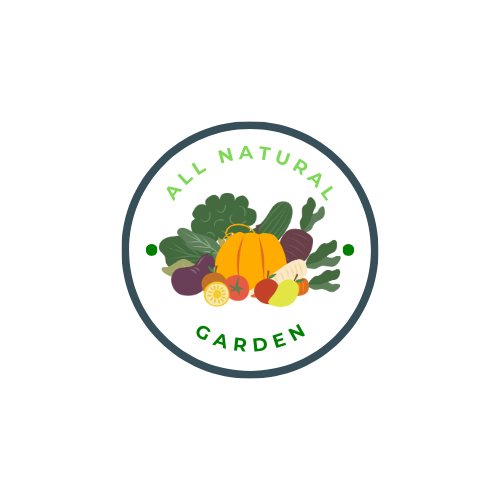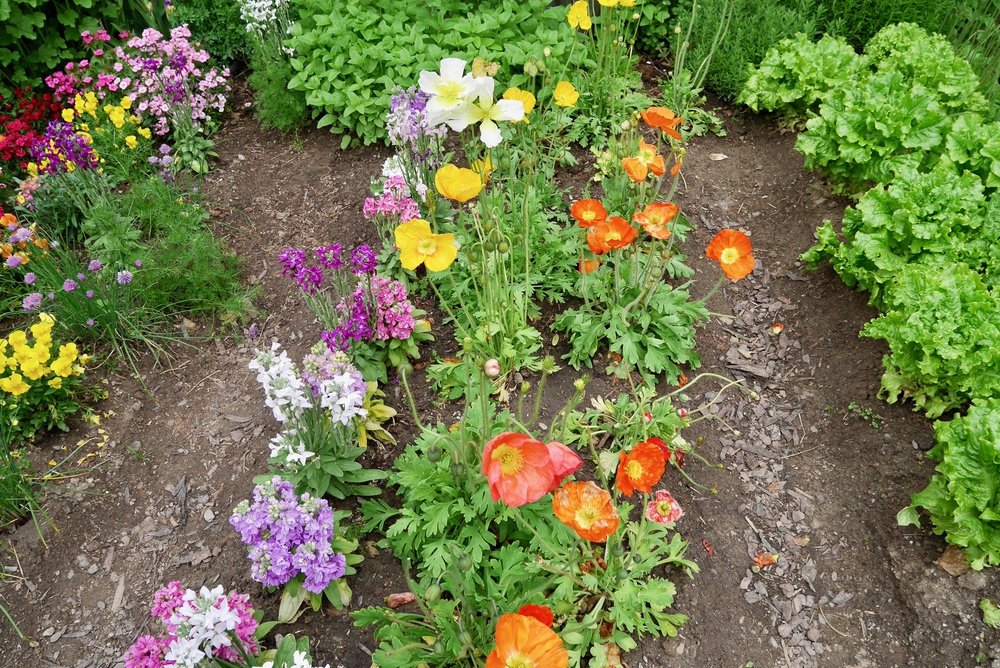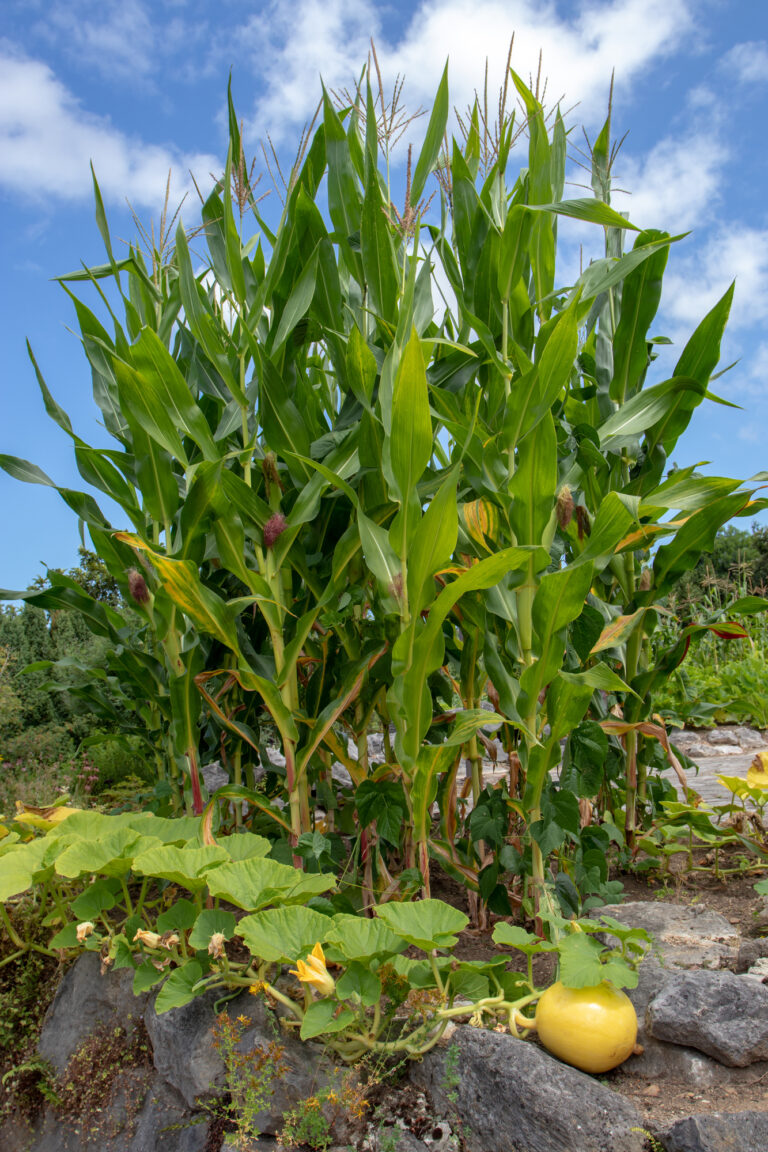Exploring the Timeless Beauty of Heirloom Garden Varieties
In the ever-evolving world of gardening, where new hybrid varieties and genetically modified organisms often take center stage, there is a quiet and steadfast movement that cherishes the heritage and authenticity of heirloom garden varieties. Heirlooms are more than just seeds; they are living links to the past, carrying with them stories, flavors, and characteristics that have been passed down through generations. In this article, we embark on a journey to explore the rich tapestry of heirloom garden varieties, understanding their significance, benefits, and why they hold a special place in the hearts of gardeners worldwide.
What Is Heirloom Gardening?
Heirloom seeds are not merely a category of plants; they are a testament to the tradition of saving and sharing seeds over time. Heirlooms are open-pollinated plants that have been cultivated for at least 50 years and passed down through families or communities. Unlike hybrid varieties, heirlooms breed true to their parent plants, allowing gardeners to save and replant seeds from one season to the next.
Cultural Significance
Heirloom garden varieties are not just about their genetic makeup; they are deeply entwined with cultural history and regional identities. Many heirlooms have unique stories and connections to specific communities, reflecting the agricultural practices, culinary traditions, and historical contexts of their origin. Exploring these stories adds a layer of depth and meaning to the act of gardening.
Flavor
One of the most celebrated aspects of heirloom varieties is their exceptional flavor. Whether it’s the sweetness of a Brandywine tomato or the distinct nuttiness of a Jimmy Nardello pepper, heirlooms often boast flavors that can’t be replicated by modern hybrids. Gardeners who choose heirlooms are not just cultivating crops; they are curators of a diverse and delicious culinary experience.
Biodiversity and preservation
The cultivation of heirloom varieties plays a crucial role in preserving biodiversity. As industrial agriculture leans towards monoculture and the dominance of a few high-yielding varieties, heirloom gardeners become stewards of genetic diversity. By growing and saving seeds from heirlooms, gardeners contribute to the conservation of plant genetic resources that might otherwise be lost.
Adaptability and Resilience
Heirloom varieties have often stood the test of time, adapting to various climates and conditions. Their resilience lies in the fact that they were cultivated in an era when farmers relied on nature’s cues and seasonal patterns. This adaptability makes heirlooms an attractive choice for gardeners facing diverse environmental challenges, including changing weather patterns and unpredictable growing seasons.
Seed Saving
One of the unique aspects of heirloom gardening is the practice of seed saving. Unlike modern hybrids, where saved seeds may not produce plants with the same characteristics as the parent, heirloom seeds reliably produce offspring true to type. This process of saving and sharing seeds fosters a sense of connection between gardeners and their plants, creating a cycle of life that transcends individual growing seasons.
Flowers and Ornamentals
While vegetables often take the spotlight, heirloom gardening extends beyond the realm of edibles. Antique flowers and ornamental plants, such as the vibrant Grandmother’s Garden zinnia or the charming Moonflower vine, bring historical charm and nostalgia to gardens. These heirloom flowers not only beautify spaces but also offer a glimpse into the aesthetics and preferences of bygone eras.
Challenges and considerations
While heirlooms bring a host of benefits, there are also challenges associated with their cultivation. Issues such as susceptibility to certain diseases, lower yields compared to modern hybrids, and the need for more hands-on care are factors that heirloom gardeners must navigate. Understanding these challenges is essential for those considering the path of heirloom gardening.
Locally adapted heirlooms
One of the joys of heirloom gardening is discovering varieties that are well-adapted to local climates and soil conditions. Local heirlooms often carry unique traits that make them better suited to specific regions, providing a sustainable and resilient option for gardeners who prioritize locally adapted crops.
Where to find heirloom vegetables and fruits for your garden
Finding heirloom vegetable and fruit seeds for your garden can be an exciting journey, and there are several reputable sources where you can obtain these unique and historic varieties. Here are some of the best places to find heirloom seeds:
- Seed Savers Exchange (seedsavers.org): Seed Savers Exchange is a non-profit organization dedicated to preserving and sharing heirloom seeds. They offer a vast selection of heirloom vegetable, fruit, and flower seeds, and their catalog provides detailed information about each variety.
- Baker Creek Heirloom Seeds (rareseeds.com): Baker Creek is known for its extensive collection of heirloom seeds from around the world. Their catalog is beautifully illustrated and includes a wide range of rare and unique varieties.
- Southern Exposure Seed Exchange (southernexposure.com): This cooperative specializes in heirloom seeds that are well-suited for the southeastern United States, but many of their varieties can be grown in other regions as well. They focus on open-pollinated and organic seeds.
- High Mowing Organic Seeds (highmowingseeds.com): While primarily offering organic seeds, High Mowing also includes a selection of heirloom varieties. They are committed to sustainable and organic farming practices.
- Johnny’s Selected Seeds (johnnyseeds.com): Johnny’s Selected Seeds provides a diverse range of vegetable and flower seeds, including some heirloom varieties. They are known for their high-quality seeds and extensive product information.
- Rare Plant Research (rareplantresearch.com): This nursery specializes in rare and unusual plants, including heirloom fruits and vegetables. While they may have a more limited selection, it’s a great source for unique varieties.
- Territorial Seed Company (territorialseed.com): Territorial Seed Company offers a variety of vegetable, herb, and flower seeds, including some heirloom options. They focus on providing seeds that are well-suited to specific growing regions.
- Kitazawa Seed Company (kitazawaseed.com): Specializing in Asian vegetable seeds, Kitazawa Seed Company offers a selection of heirloom varieties. If you’re interested in growing unique Asian vegetables, this is a great place to explore.
- Victory Seeds (victoryseeds.com): Victory Seeds is a family-owned company that specializes in heirloom and open-pollinated seeds. They are dedicated to preserving rare varieties and promoting sustainable agriculture.
- Local Seed Exchanges and Events: Check for local seed swaps, gardening events, or community seed exchanges. These events provide an opportunity to connect with other gardeners and discover unique heirloom varieties that are well-adapted to your local climate.
When selecting heirloom seeds, consider your climate, growing conditions, and the characteristics of each variety. Reading reviews, consulting gardening forums, and talking to local gardeners can also provide valuable insights into the performance of specific heirloom varieties in different regions.


